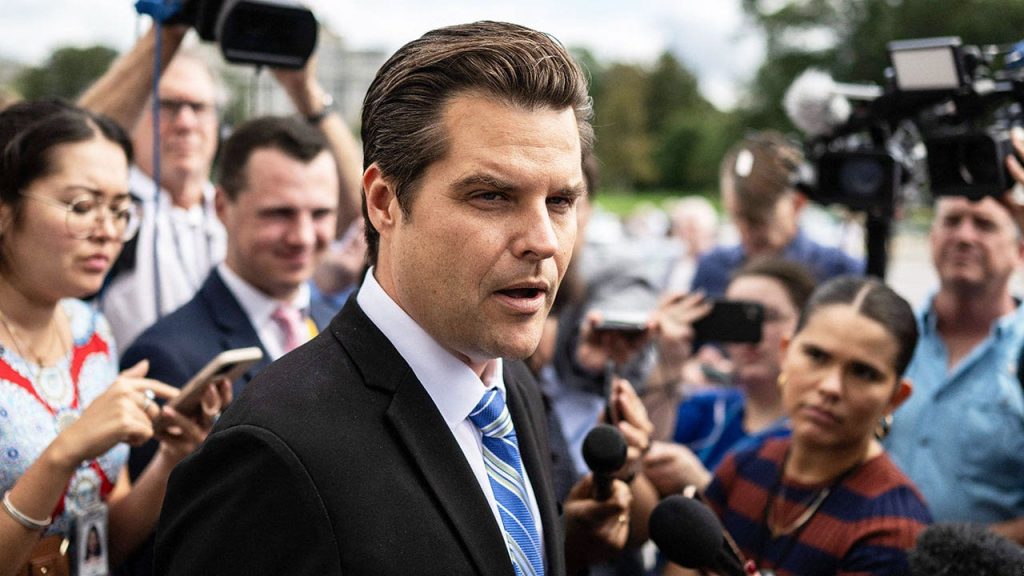Rep. Matt Gaetz is calling for Secretary of State Antony Blinken to testify before the House Armed Services Committee to discuss the State Department’s foreign policy decisions in Africa. Gaetz is concerned that these decisions have jeopardized the safety of U.S. forces in countries such as Niger, Mali, and Burkina Faso. He believes that recent failures by the State and Defense Departments have led to a loss of security access for American troops in the region, prompting the need for a congressional investigation. Gaetz’s request for the hearing comes after U.S. troops were notified of their removal from Niger, prompting concerns about their safety and well-being.
In addition to Blinken, Gaetz is calling for testimony from other officials involved in U.S. foreign policy in Africa, including Assistant Secretary of State Molly Phee, US-AID administrator Robert Jenkins, and Defense’s director of counternarcotics and stabilization policy Joseph McMenamin. Gaetz’s report, which highlights the mistreatment of U.S. service members and the suppression of intelligence reports about military relations in Niger, raises questions about the Biden administration’s handling of the situation. He argues that troops in Niger are being denied essential supplies like mail, medical equipment, and medications, putting their lives at risk.
While Gaetz sees the decision to withdraw troops from Niger as a victory, the Biden administration claims it was not influenced by his efforts. Despite this, Gaetz remains critical of the administration’s handling of the situation in Niger, accusing them of downplaying the challenges faced by U.S. forces in the region. The State Department has rejected claims that American troops in Niger are being “held hostage,” stating that they have a professional relationship with the Nigerien military and continue to provide support and services to deployed forces. However, Gaetz remains skeptical of the department’s assessment of the situation in Niger, citing ongoing tensions between the country’s military junta and Western nations.
The political situation in Niger has become increasingly complex since a military coup ousted the country’s elected president, leading to strained relations with Western countries like the U.S. and France. The junta’s decision to seek security assistance from Russia rather than Western allies has raised concerns about the future of military cooperation in the region. Russian military trainers have been deployed to Niger to strengthen the country’s air defenses, further complicating the security landscape in the Sahel region. The U.S. withdrawal from Niger comes at a time when Washington and its allies are looking to establish new military agreements to address the growing threat of jihadi violence in the region.
Niger’s importance in U.S. military operations in Africa’s Sahel region cannot be overstated, with the country hosting a significant American air base in Agadez. This base has been used for surveillance flights and other operations aimed at combating terrorist groups like al Qaeda and Islamic State affiliates. The U.S. has invested millions of dollars in training Niger’s military since establishing a presence in the country in 2013. While discussions are underway for the orderly withdrawal of U.S. forces from Niger, concerns remain about the impact of this decision on regional security and ongoing efforts to combat terrorism in the Sahel.













